Written by
Updated :
Reviewed by
On this Page
TDS is levied on various sources of income, including those generating commissions, incentives, salaries, dividends, and payments. The Rate of TDS on salary and other income sources may vary as per the nature of income, between 1% to 30%. Moreover, the TDS Rates and its collection is regulated by the Central Board of Taxes (CBTD). Here is everything you must know about TDS Rates and other aspects of TDS.
Why Is TDS Deducted?
You may be aware of TDS or Tax Deducted at Source, which is essentially a spot tax deducted from your actual source of income. Overall, TDS is levied on any income or overheads including:
- Salary
- Incentives (over and above your salary)
- Interests on bank FDs (fixed deposits)
- Lotteries
- Dividends and Bonds
- Commission Payments
- Rent payment of any immovable property
While deducting TDS under any of these heads, a fixed TDS deduction rate is applied, and the tax liability is deducted before making the payment. Here, the source or individual who deducts TDS is called a ‘Deductor’, while the individual to whom the payment is being made is known as ‘Deductee’.
Thus, a ‘Deductor’ is your employer/organisation that pays a salary or incentive to you, while you would be a ‘Deductee.’ Moreover, if the Deductor takes more than the required amount as tax, you will be eligible to claim a TDS Refund if you file your TDS Return.
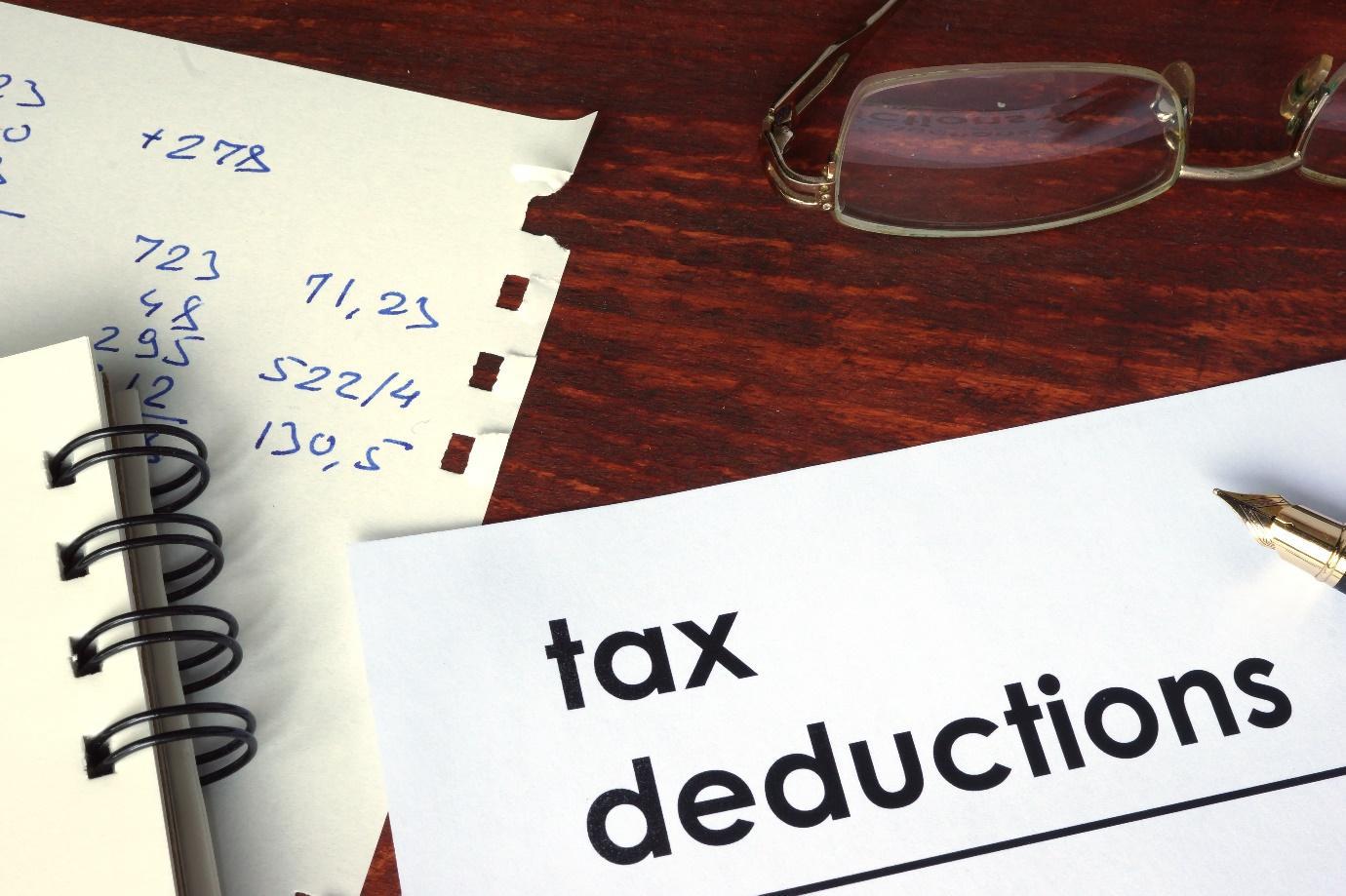
What are the Different TDS Rates?
The employer or Deductor is responsible for providing TDS certificate (Form 16 /16A) to their employee that depicts the computation of the TDS amount deducted. The TDS deducted tax amount is calculated as per applicable TDS Rates. Various TDS Rates And TDS sections relevant to the common types of income/payments are illustrated in the following TDS rate chart:
Relevant Section |
Nature of Payment |
TDS rate (valid till 13th May 2020) |
Salary |
Applicable tax slab |
|
Section 192A |
10% |
|
Section 193 |
Interest received on securities |
10% |
Section 194 and 194K |
Dividend received from Mutual funds and shares |
10% |
Section 194A |
Interest received (other than Interest on Securities such as Fixed deposit interest) |
10% |
Section 194B |
Winnings from the lottery, crosswords, or any such game |
30% |
Section 194BB |
Winnings from horse races |
30% |
Section 194D |
Insurance Commission received |
5% for Non corporates 10% for Corporates |
Section 194DA |
Life Insurance Plans not tax-exempt under Section 10(10D) |
5% |
Section 194H |
Commission or brokerage received (not including Insurance Commission) |
5% |
Section 194IA |
Purchase of land or property |
1% |
Section 194IB |
Payment of monthly rent by an individual or HUF more than Rs.50,000 |
5% |
Section 194M |
Payment / Commission / Brokerage made to professional of Rs.50 lakh and above |
5% |
Section 194N |
Cash withdrawal |
2% (exceeding Rs.20 lakh) 5% (exceeding Rs.1 crore) |
Section 194J |
Payment of Professional Fees |
2% (FTS*, call centre) 10%(others) |
Section 194EE |
Payment of deposits under National Savings Scheme |
10% |
Section 194 – I(a) |
Rent for plant and machinery |
2%
|
Section 194 – I(b) |
Rent for immovable property |
10% |
* Funds Transfer Service
See how the latest budget impacts your tax calculation. Updated as per latest budget on 1 February, 2020. No deductions will be allowed under the new tax regime.
What are the Different TDS Deduction Exemptions?
Few cases are there, wherein the TDS exemption is offered. TDS deduction is not levied on payments made in favour of RBI (Reserve bank of India), or any recompense made towards the central government.
Moreover, TDS exemptions are provided against the payment of interest from:
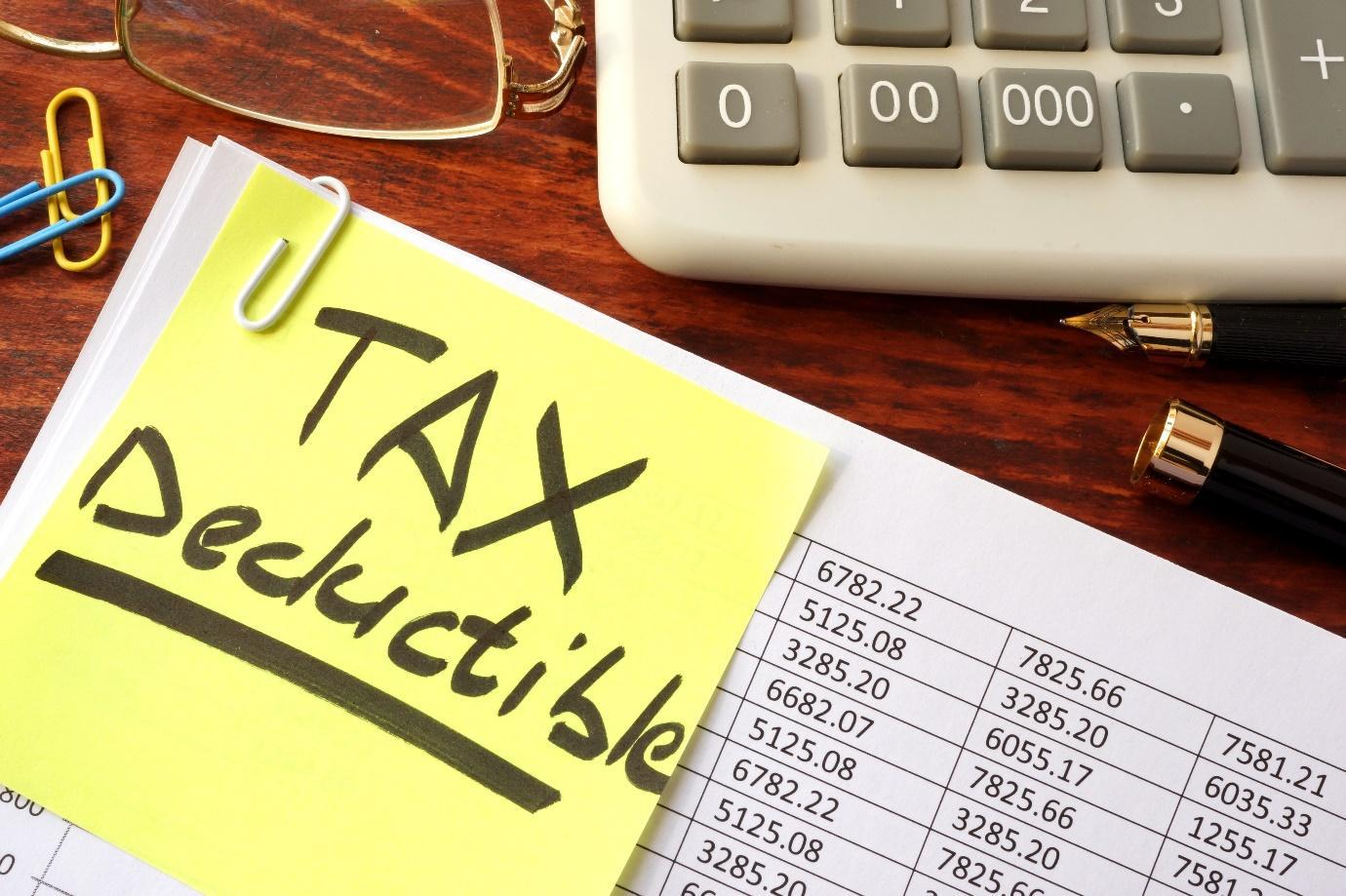
What are the Different TDS Deduction Exemptions?
Few cases are there, wherein the TDS exemption is offered. TDS deduction is not levied on payments made in favour of RBI (Reserve bank of India), or any recompense made towards the central government.
Moreover, TDS exemptions are provided against the payment of interest from:
1) Banking institutions
2) Financial corporations formed under the Finance Bill
4) Direct taxes interest payments
5) Investments in LIC (Life Insurance Corporation of India), UTI (Union Trust of India) and co-operative societies
6) Interests earned in savings or recurring deposit accounts held with any co-operative societies or commercial banks
7) Interest earned on NSC (National Savings Certificate), Indira Vikas Patra (IVP), or KVP (Kisan Vikas Patra)
8) Interest earned on NRE (Non-Resident External Rupee) account
9) Any institutions designated as Nil TDS organisation
10) Interest received on the compensation from the Motor Vehicles Claims Tribunal

1) Banking institutions
2) Financial corporations formed under the Finance Bill
4) Direct taxes interest payments
5) Investments in LIC (Life Insurance Corporation of India), UTI (Union Trust of India) and co-operative societies
6) Interests earned in savings or recurring deposit accounts held with any co-operative societies or commercial banks
7) Interest earned on NSC (National Savings Certificate), Indira Vikas Patra (IVP), or KVP (Kisan Vikas Patra)
8) Interest earned on NRE (Non-Resident External Rupee) account
9) Any institutions designated as Nil TDS organisation
10) Interest received on the compensation from the Motor Vehicles Claims Tribunal
Related Articles
What are the TDS Rates on Fixed Deposits?
a) The Applicable TDS Rates in case of interest earned on FDs (fixed deposits) are applied beyond a threshold limit of Rs. 40,000 (from FY 2019 – 20 onwards)
b) Earlier the applicable limit was Rs. 10,000 in a financial year
c) In case, you earn more than the threshold limit as interest on fixed deposit (either single or consolidated interest for multiple FDs held with the same PAN number), the applicable TDS rate will be 10% of the maturity proceeds or interest payout, whichever happens, earlier.
d) TDS Rates are only applicable when you (as the payee) receive the accumulated interest Rs. 10,000 in a financial year
e) If you have furnished a PAN (Permanent Account Number), the applicable TDS rate will be 10% on the interest earned
f) Without furnishing the PAN details, the TDS Rates are 20%
g) Senior Citizens (ageing 60 years or more) are TDS exempted, up to a limit of Rs50,000 (earlier the limit was Rs. 10,000)
Read more: TDS on Fixed Deposit
What is the TDS Rates on Sale of the Immovable Property
a) As per Section 194-IA of the Income Tax Act, the TDS Rates applicable on the sale of any immovable property will be at 1%
b) In case, you (as a buyer) are unable to furnish your PAN details; the TDS deduction rate may increase up to a maximum limit of 20%
c) An immovable property may include any residential or commercial plots (excluding the notified land for agricultural purposes), and buildings
d) The transaction must be made via cheque, cash, or draft by the Seller of the property (or transferee)
What is the TDS Rates on Rent of Immovable Property
a) As a resident individual (other than a HUF member) if you are paying rent for immovable property to the resident landlord, you are accountable for withholding TDS
b) The TDS deduction rate of 10% would be applicable in cases where the annual rent amount paid exceeds Rs.2.4 lakh, in the given financial year
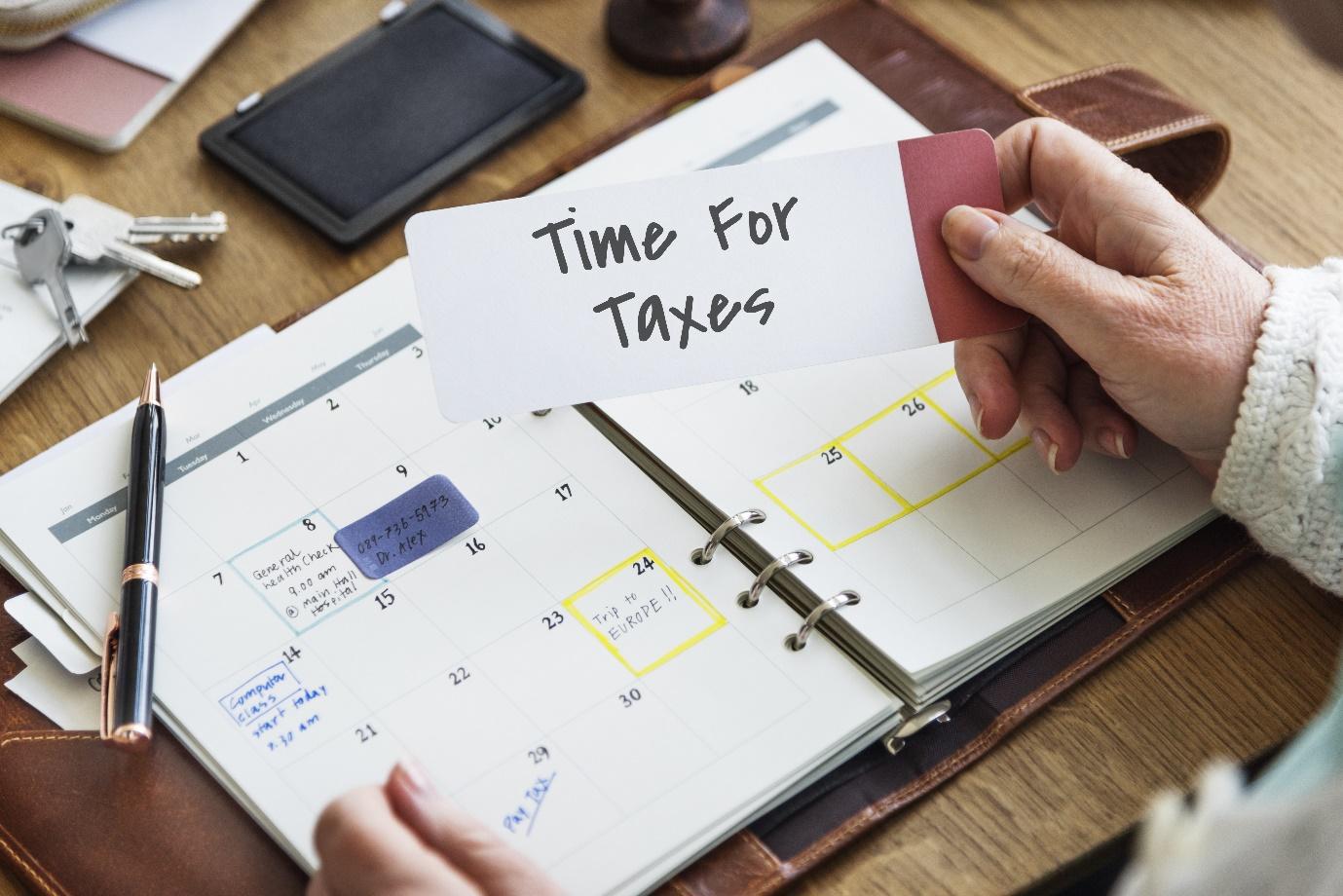
What is the TDS Rates on Rent of Immovable Property
a) As a resident individual (other than a HUF member) if you are paying rent for immovable property to the resident landlord, you are accountable for withholding TDS
b) The TDS deduction rate of 10% would be applicable in cases where the annual rent amount paid exceeds Rs.2.4 lakh, in the given financial year
c) The rent payable may include payments in the form of the sublease, lease rental, or other valid agreements for utilising the building, land, or furniture
d) The property owner is accountable to provide a valid rent receipt to you (resident individual) on each payment of rent, which are duly mentioned against any TDS deducted
e) You (resident individual) must provide Form 16 (TDS certificate) to your landlord at the end of each financial year
f) The rent payments can be made through cheques, cash, or draft

c) The rent payable may include payments in the form of the sublease, lease rental, or other valid agreements for utilising the building, land, or furniture
d) The property owner is accountable to provide a valid rent receipt to you (resident individual) on each payment of rent, which are duly mentioned against any TDS deducted
e) You (resident individual) must provide Form 16 (TDS certificate) to your landlord at the end of each financial year
f) The rent payments can be made through cheques, cash, or draft
What is the TDS Rates on Purchase of Immovable Property
a) On purchasing any property, you are liable to pay TDS deduction rate of 1%
b) Land notified to agriculture will not be considered under this TDS provision
c) You must make the transaction via cash, draft, cheque, or any other agreed mode of payment
What is the TDS Rates on Immovable Property for NRI
a) NRIs (Non-Resident Indians) buyers are liable to pay TDS against an immovable property, according to Section 195 of Income Tax Act
b) In case, you (buyer) are making a payment to an NRI; you are accountable for deducting the tax as per the applicable TDS deduction rate
c) Post-sale of any immovable property by an NRI, the capital gains duly received are subjected to income tax
d) The transaction on an immovable property can be made through a cheque, draft, or cash by the transferee
What is the TDS Rates on Withdrawal of EPF?
In case, you (employee) make withdrawals worth Rs. 50,000 and above from your EPF account, within five years of continuous service, you are liable to following TDS Rates:
a) 10% - After submitting PAN details but not Form-15G/15H

What is the TDS Rates on Withdrawal of EPF?
In case, you (employee) make withdrawals worth Rs. 50,000 and above from your EPF account, within five years of continuous service, you are liable to following TDS Rates:
a) 10% - After submitting PAN details but not Form-15G/15H
b) 34.608% or maximum marginal rate - if the PAN details are not furbished

b) 34.608% or maximum marginal rate - if the PAN details are not furbished
What is the TDS Rates for Salaried Individuals for AY 2020-21?
a) Under Section 192, employers are eligible to deduct TDS from the estimated income of each employee as per applicable Rate of TDS on salary for AY 2020-21
b) No income tax will be deducted if an employee’s estimated income is below the minimum tax slab threshold for a given the financial year
c) No TDS deduction rate is applicable for employees whose total annual income is less than Rs.2,50,000
Different TDS slab rates for salaried individuals are provided below:
TDS slab rates for Salaried Individuals
Taxable Income |
TDS Rate |
Up to Rs.2.5 lakh |
Nil |
Between Rs.2.5 lakh and Rs.5 lakh |
5% |
Between Rs.5 lakh and Rs.10 lakh |
20% |
Above Rs.10 lakh |
30% |
TDS slab rates for Senior Individuals (Ageing Between 60 to 80 years)
Taxable Income |
TDS Rate |
Up to Rs.3 Lakh |
Nil |
Between Rs.3 Lakh and Rs.5 Lakh |
5% |
Between Rs.5 Lakh and Rs.10 Lakh |
20% |
Above Rs.10 Lakh |
30% |
TDS slab rates for Super Senior Individuals (Ageing 80 Years and Above)
Income Slabs |
TDS Rate |
Up to Rs.5 lakh |
Nil |
Between Rs.5 lakh and Rs.10 lakh |
20% |
Above Rs.10 lakh |
30% |
Read more: Income Tax Slab for FY 2020-21 & AY 2021-22
What is the TDS Rates on Insurance Commission?
- The TDS exemption limit on Insurance commission is Rs. 15,000 (with effect from June 2016)
- Section 194D of the Income Tax Act deals with the provisions and responsibilities of TDS Rates in insurance commission
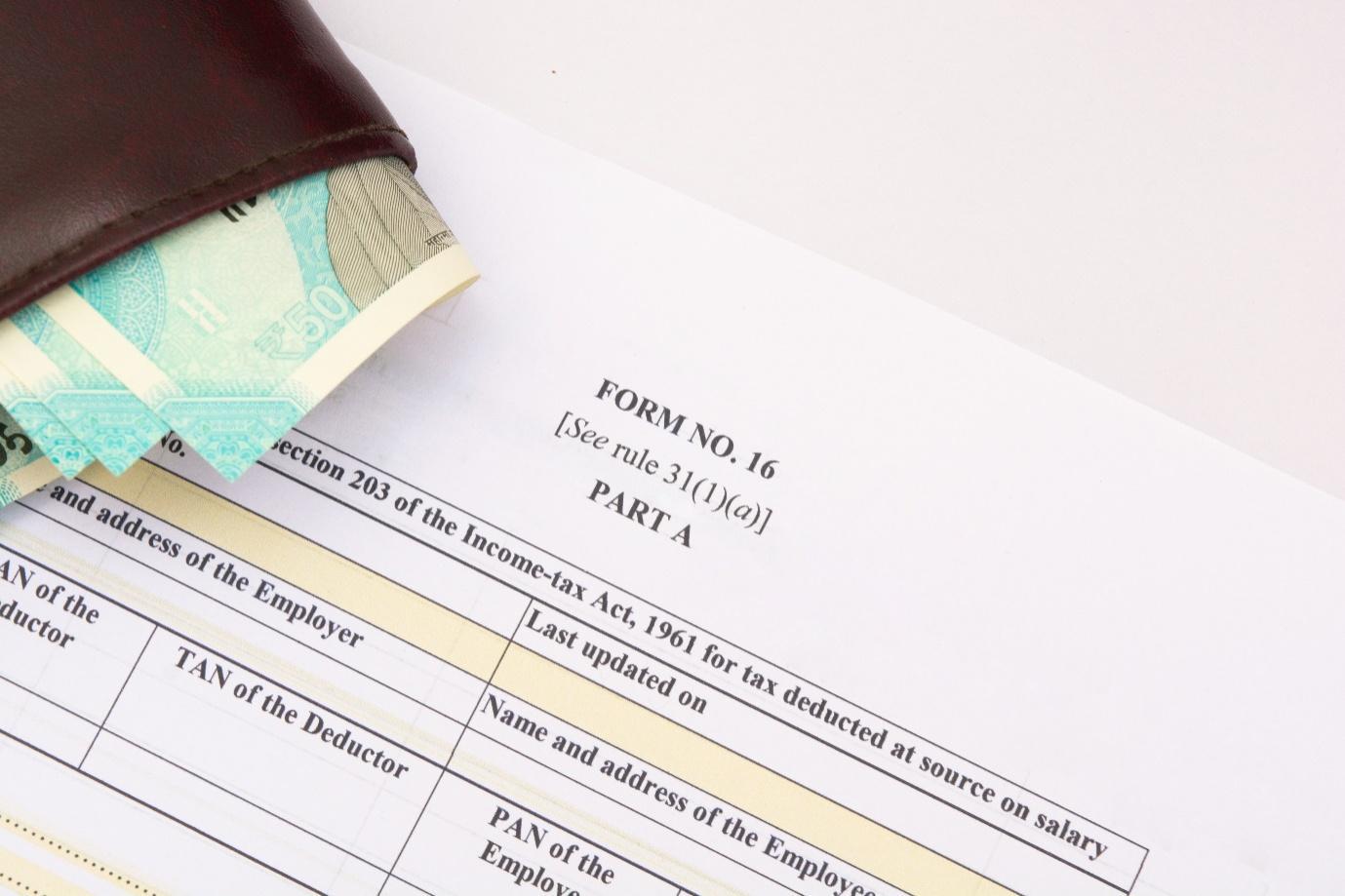
What is the TDS Rates on Insurance Commission?
- The TDS exemption limit on Insurance commission is Rs. 15,000 (with effect from June 2016)
- Section 194D of the Income Tax Act deals with the provisions and responsibilities of TDS Rates in insurance commission
- Any resident who possesses a PAN card is liable to a TDS deduction rate of 5% of non-corporates & 10% for corporates
- In case, the PAN details are not available; the TDS deduction rate would be 20%
TDS Rates on other forms of commissions are as follows:
Section |
Nature of Commission |
TDS Rates |
Section 194G |
Commission received on the sale of lottery tickets |
5% |
Section 194H |
Commission or brokerage |
5% |
Section 194J |
Fee / Remuneration/ Commission to a Director |
10% |

- Any resident who possesses a PAN card is liable to a TDS deduction rate of 5% of non-corporates & 10% for corporates
- In case, the PAN details are not available; the TDS deduction rate would be 20%
TDS Rates on other forms of commissions are as follows:
Section |
Nature of Commission |
TDS Rates |
Section 194G |
Commission received on the sale of lottery tickets |
5% |
Section 194H |
Commission or brokerage |
5% |
Section 194J |
Fee / Remuneration/ Commission to a Director |
10% |
What is the TDS Rates on Services
According to Section 194J of the Income Tax Act, an individual is liable to deduct on the following payments made to a resident person (except HUF or individual):
- Fee for professional services
- Fee for technical services it will be deducted @ 2%
- Royalty
- Fee paid / Remuneration to a director
If a payee provides PAN details, he or she will be liable to a TDS deduction rate of 10% (excluding any cess and surcharges)
In cases where the PAN details are unavailable, the payee is responsible for paying higher of the following TDS Rates:
- TDS Rates prescribed under the Finance Act
- TDS deduction rate of 20%
- TDS Rates specified under the relevant provisions of the Income Tax Act
What is the TDS Rates on Contracts
1. Under Section 194C, any payment made to a contractor or subcontractor for any work including:
- Advertising contract
- Production, Telecast, and Broadcast of such programs
- Carriage of goods and passengers through various modes of transport (excluding the Railways)
- Catering services
- Supply or manufacture of products as per customer’s requirements or specifications
- Supply of labour for contractual work
2. For Residential Individuals and HUF, the TDS deduction rate of 1% is applicable on contracts under section 194C
3. For others, the TDS deduction rate of 2% is applicable
4. Any Payee who is unable to provide PAN details will be liable to pay a TDS deduction rate of 20%.
Changes in the TDS Rates (As of 14th May 2020)
1. Due to the COVID-19 situation, the TDS Rates on non-salaried payments made to Indian residents have been reduced by 25% under the Atma Nirbhar Bharat Abhiyaan
2. The lower TDS Rates will be in effect for the period from 14th May 2020 to 31st March 2021
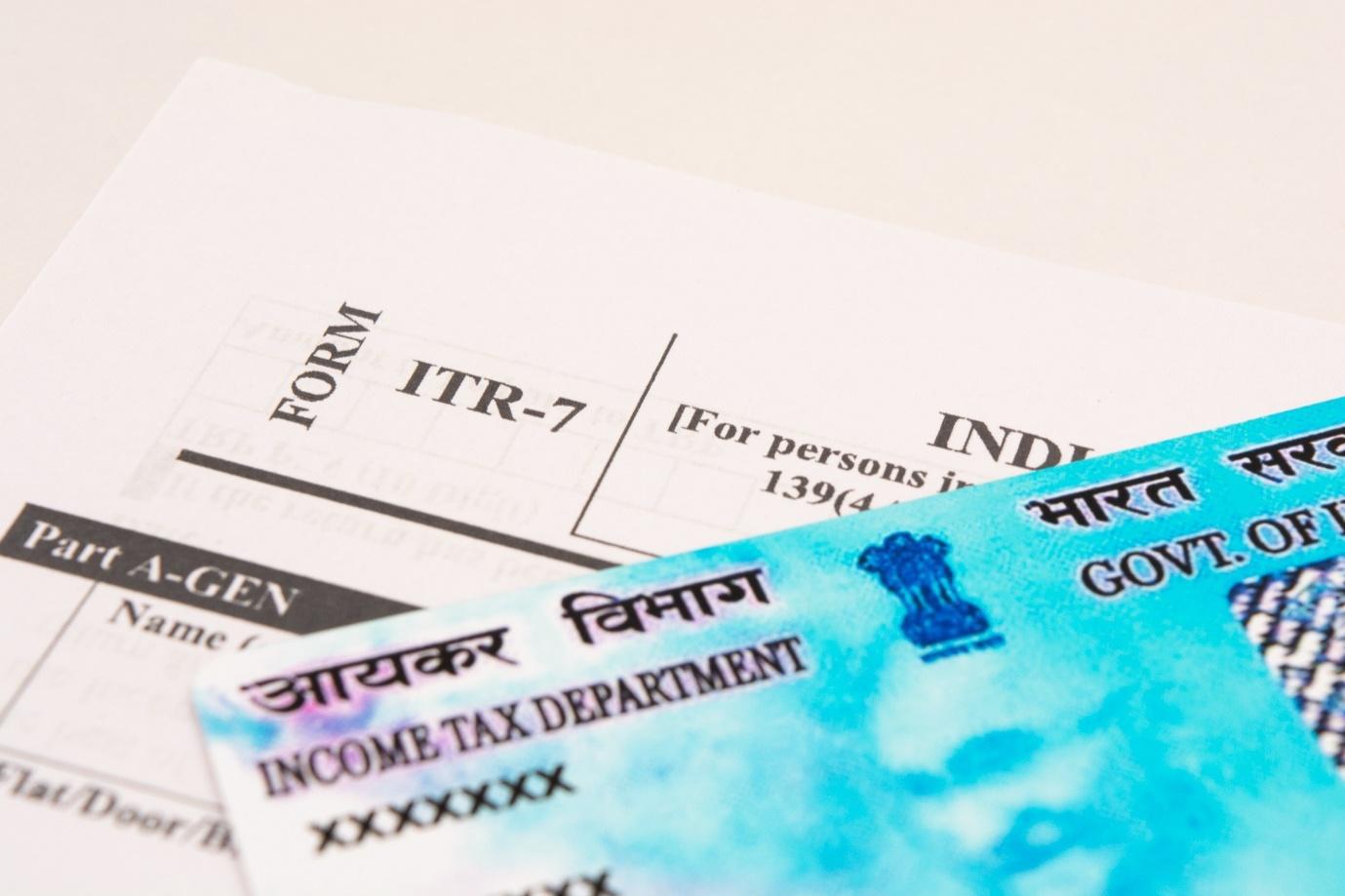
Changes in the TDS Rates (As of 14th May 2020)
1. Due to the COVID-19 situation, the TDS Rates on non-salaried payments made to Indian residents have been reduced by 25% under the Atma Nirbhar Bharat Abhiyaan
2. The lower TDS Rates will be in effect for the period from 14th May 2020 to 31st March 2021
3. There will be no reduction in TDS Rates, in cases where the tax deduction or collection is made at a higher rate because of the non-availability of the PAN or Aadhaar details
4. The changes aim to increase liquidity for individuals so that they can tackle the COVID-19 induced financial distress
5. These reduced TDS Rates will culminate into a higher self-assessment tax later

3. There will be no reduction in TDS Rates, in cases where the tax deduction or collection is made at a higher rate because of the non-availability of the PAN or Aadhaar details
4. The changes aim to increase liquidity for individuals so that they can tackle the COVID-19 induced financial distress
5. These reduced TDS Rates will culminate into a higher self-assessment tax later
The revised TDS Rates are illustrated in the TDS rate chart below:
Relevant Section |
Nature of Payment |
Existing TDS Rates |
New TDS Rates (14th May 2020 onwards) |
Section 192A |
Premature withdrawal from EPF |
10% |
10% |
Section 193 |
10% |
7.50% |
|
Section 194 and 194K |
Interest received on securities |
10% |
7.50% |
Section 194A |
Dividend received from Mutual funds and shares |
10% |
7.50% |
Section 194B |
Interest received (other than Interest on Securities such as Fixed deposit interest) |
30% |
30% |
Section 194BB |
Winnings from the lottery, crosswords, or any such game |
30% |
30% |
Section 194D |
Winnings from horse races |
5% |
3.75% |
Section 194DA |
Insurance Commission received |
5% |
3.75% |
Section 194H |
Life Insurance Plans not tax-exempt under Section 10(10D) |
5% |
3.75% |
Section 194IA |
Commission or brokerage received (not including Insurance Commission) |
1% |
0.75% |
Section 194IB |
Purchase of land or property |
5% |
3.75% |
Section 194M |
Payment of monthly rent by an individual or HUF more than Rs. 50,000 |
5% |
3.75% |
Section 194N |
Payment / Commission / Brokerage made to professional of Rs 50 lakh and above |
2% (exceeding Rs 20 lakhs) 5% (exceeding Rs 1 crore) |
2% |
Section 194J |
Cash withdrawal |
2% (FTS*, call centre) 10%(others) |
1.5%(FTS*, call centre) 7.5%(others) |
Section 194EE |
Payment of Professional Fees |
10% |
7.50% |
Section 194 – I(a) |
Payment of deposits under National Savings Scheme |
2%
|
1.50% |
Section 194 – I(b) |
Rent for plant and machinery |
10% |
7.5% |
* Fund Transfer Services
FAQs
Q. On which items TDS should be deducted?
A. According to the Income Tax Act, the following incomes are subject to TDS deductions:
- Salary (under Section 192)
- Interest on Securities (under Section 193)
- Dividends (under Section 194)
- Interest (excluding interest on securities) (under Section 194A)
- Winning from lottery or crosswords (under Section 194B)
- Winning from horse races (under Section 194BB)
- Payment to contractors or subcontractors (under Section 194C)
- Insurance commission (under Section 194D)
- Payment to NRI sportsmen, entertainers, or sports association (under Section 194E)
- Payment received on deposits under NSC (under Section 194EE)
- Payments received by repurchasing units under mutual fund or UTI (Unit Trust of India) (under Section 194F)
- Commission received on the sale of lottery tickets (under Section 194G)
- Commission or brokerage (under Section 194H)
- Rent (under Section 194I)
- Fees for professional / technical services / remuneration to a Director excluding salary (under Section 194J)
- Payment of compensation on acquiring an immovable property (under Section 194LA)
- Interest from infrastructure debt fund (under Section 194LB)
- Other sum payable to an NRI (under Section 195)
- Long term capital gains on units from offshore funds (under Section 196B)
- Income from foreign currency bonds / shares of an Indian company (under Section 196C)
- Income on securities from foreign institutional investors (under Section 196D)
- Interest earned from Indian company (under Section 194LC)
Q. What happens when TDS is not deposited by deductor?
A. In case, a deductor (employer or organisation) does not pay the TDS amount to the Income Tax department, the TDS will not be credited against your PAN in your Form 26AS. Moreover, you would not be able to take a tax credit of the TDS, at the time of filing your income tax return.
If you choose to take the tax credit for the unpaid TDS amount, you will receive a notice from the income tax department, informing about the mismatch in the taxes paid and TDS claimed.
Q. What are the duties of an employer/organisation deducting TDS?
A.Following are the basic duties of an employer/organisation who is responsible to deduct TDS:
- They must obtain Tax Deduction Account Number and provide the same across all the TDS related documents
- They must deduct the tax at source at the applicable TDS deduction rate
- They must pay the TDS deducted to the credit of the Government (within the specified due date*).
- They must file the periodic TDS statements including the TDS return (within the specified due date*)
- They must issue the TDS certificate to the employees (within the specified due date*)
*Refer the tax calendar for the due dates
Q. How can I check the TDS amount deducted from my salary by the employer?
A. To check the amount of TDS deducted on your salary, you can ask your employer to provide you a TDS certificate. You can also check your Form 26AS from your e-filing account at https://incometaxindiaefiling.gov.in
Alternatively, you can use the “View Your Tax Credit” facility available at www.incometaxindia.gov.in to check the TDS amount deducted.
Sources:
https://www.incometaxindia.gov.in/_layouts/15/dit/mobile/faqs/faq-questions.aspx?key=FAQs+on+Tax+Deducted+at+Source+(TDS)&k=
https://www.hostbooks.com/in/tds-chart-rates/
https://tax2win.in/guide/tds
https://taxguru.in/income-tax/tds-rate-chart-ay-2020-21-ay-2021-22.html
Disclaimer:
Save 46800 on taxes if the insurance premium amount is Rs.1.5 lakh per annum and you are:
- Regular Individual
- Fall under 30% income tax slab having taxable income less than Rs. 50 lakh
- Opt for Old tax regime
ARN:- Aug21/Bg/18CC










